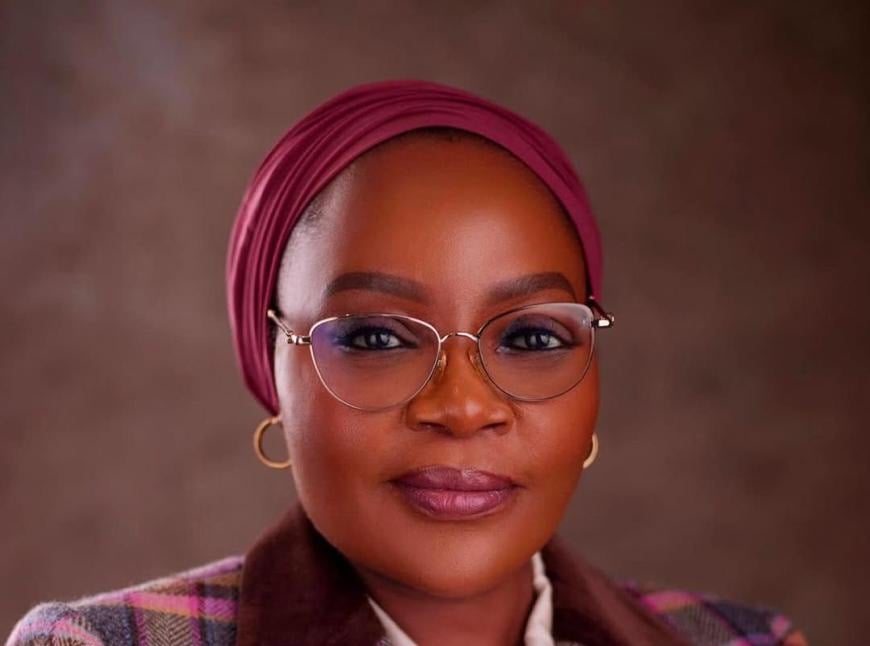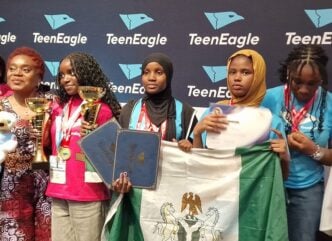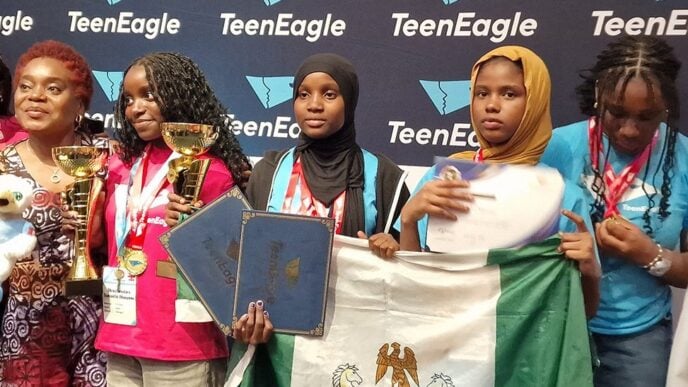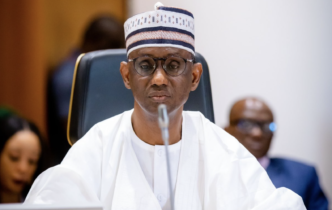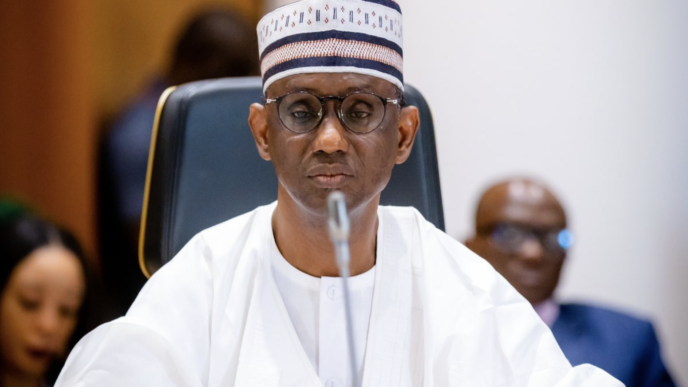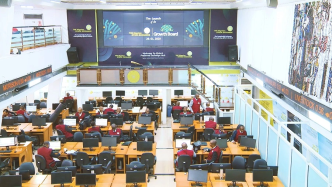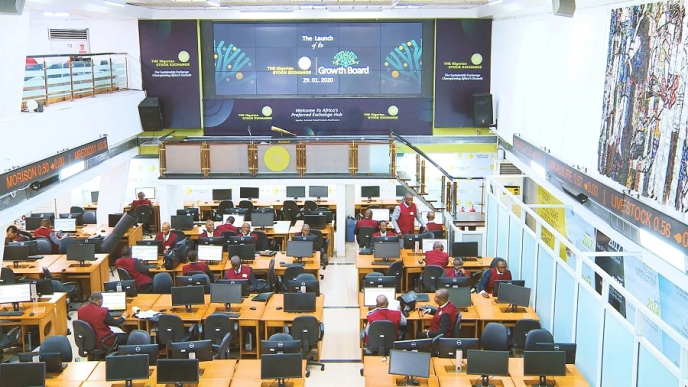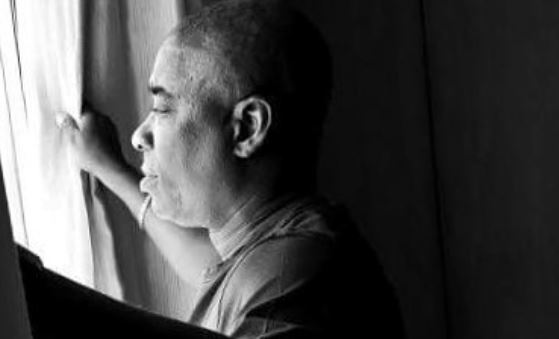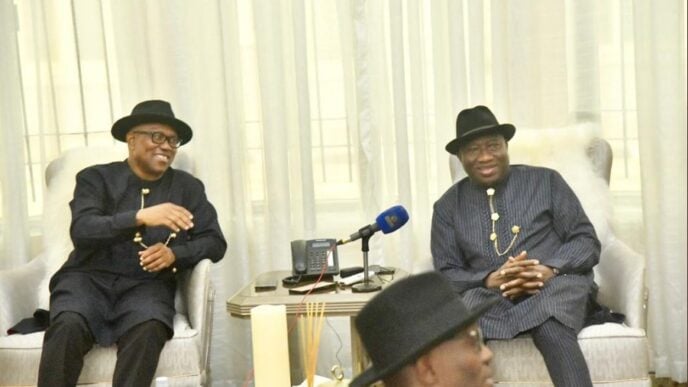BY OLAMIDE APEJOYE
Billionaire businessman and chairman of the Gates Foundation, Bill Gates, addressed an expanded session of the National Economic Council (NEC) in Abuja on Thursday, March 22, 2018. At the session, Gates reminded Nigeria of the importance of making tangible investments in human capital, especially education, by saying that, “to anchor the economy over the long term, investments in infrastructure and competitiveness must go hand in hand with investments in people.”
In development, education is one of the core components of human capital; it is responsible for the development of skills, competencies, and productivity and accounts for a net positive impact on economic growth. It is therefore not surprising that some of the most advanced economies also have the highest Human Development Index; take the Scandinavian countries, for example. For many scholars, education is the single most essential element in the upliftment of people from poverty.
In Nigeria, there have been several education interventions in the past; one such is the Universal Basic Education Commission (UBEC), established in 1999 as a reform programme for improving access and quality in basic education. Since its inception at the outset of this republic, preceding governments have made efforts to build on the foundational ideals of the commission, but there is no doubt that the current government realises that there is still so much work to be done. From enhancing school enrolment, curriculum, infrastructure and funding.
Advertisement
It was the awareness of this enormous task that informed the appointment of Aisha Garba in December 2024 as the substantive Executive Secretary of the commission. Garba, who was headhunted from the World Bank, had, prior to her appointment with the Nigerian government, served as a senior education specialist with the World Bank, bringing more than 24 years’ combined experience and 15 years at the multilateral institution. Garba has had experience designing and implementing key education programmes in Nigeria, Ghana, Somalia, Kenya, the USA, and the United Kingdom. Her work of over two decades earned her the title of a bold education reformer.
In just 7 months of championing reforms at UBEC, Garba has demonstrated that leadership can deliver tangible results. Under her watch, Nigeria has opened a new page in education reforms, and the outcome is already evident in curriculum, school enrolment numbers, teacher training, key infrastructure upgrades and support for sub-nationals through grants.
Through her reforms, basic education is returning to its core mandate of delivering literacy, numeracy, and critical thinking skills to students through the overhaul of curriculum and the introduction of digital literacy and entrepreneurship. Her reforms have also focused on outcome-based learning, a more learner-centred approach that places emphasis on skills and practical knowledge.
Advertisement
In 7 months, UBEC has constructed 4,951 new classrooms and renovated 3,070 others across the country. It has also supplied over 353,625 units of school furniture and distributed more than 6 million primary school textbooks to students. It has distributed an estimated 420,009 library materials and another 158,000 Nigerian history books to improve student knowledge of Nigerian history and current affairs.
In terms of curriculum, UBEC, in partnership with the Nigerian Educational Research and Development Council (NERDC), has initiated the overhaul of the curriculum to include digital literacy, entrepreneurship, and critical thinking and established the Teacher Professional Development initiative, which has impacted more than 978,800 teachers.
Perhaps the most significant change under her watch is the reform of a hitherto rigid plan that has constituted a bulwark in the way of sub-nationals looking to access the UBEC matching grant. Through her transparent and simplified reforms, sub-national access to UBE funds has increased. About 28 states, including the Federal Capital Territory (FCT), have received ₦78.6 billion out of the ₦120 billion allocated for 2024. Simple as this appears, it was quite herculean before Aisha Garba’s bold commitment to reforming the process.
Under the previous plan, it was metaphorically easier for a camel to get through the eye of a needle than for states to access the UBEC matching grants for nearly two decades. A period of missed opportunity that denied sub-nationals the funding support they needed to implement basic school key infrastructure projects. Garba’s reform has removed the bottlenecks standing in the way of progress in an efficient and transparent manner. The access to the UBE fund has increased enrolment, especially in Northern Nigeria, where enrolment numbers have been playing catch-up, with several children accessing school for the first time.
Advertisement
Garba’s leadership is also maximising strategic partnerships with development partners, including the World Bank, the United Nations Children’s Fund (UNICEF), the Korea International Cooperation Agency (KOICA), the Islamic Development Bank (IsDB), and the Foreign, Commonwealth and Development Office of the United Kingdom (FCDO). She has engaged her network and deployed her capacity to raise funds through development partners, a reflection of her role at the World Bank.
It hasn’t been without challenges. Garba’s work has attracted a lot of praise, as Nigerians took out time to commend the progress already witnessed whilst hoping for more. Some elements have also deployed unwholesome tools to distract from the work. They issued press statements that appeared like the hand of Esau but the voice of Jacob, looking to use deception to misrepresent her work and position. It took a quick minister of education, Dr Tunji Alausa, to repel those media attacks whilst using the opportunity to proclaim some of Aisha Garba’s successes. Reformers will always thrive when the political system goes out of its way to protect them from the sharks hellbent on business as usual.
Garba’s strategic leadership and vision continue to reposition UBEC as a high-impact, transparent, and reform-focused institution that delivers on its mandate of access, equity, and quality education to Nigerian children. Considering the length of her mandate, you could say it is early days, but it is a good sign of what is coming in the day when it gets to be reflected in the morning. If she manages to maintain the focus and commitment, as she is indeed known to do in her previous assignments, we can expect to see unprecedented outcomes in the vision of UBEC, as intended when it was founded years ago.
Olamide Apejoye, head of Developing Engineering Leaders Through Her Initiative, writes from Abuja.
Advertisement
Views expressed by contributors are strictly personal and not of TheCable.
